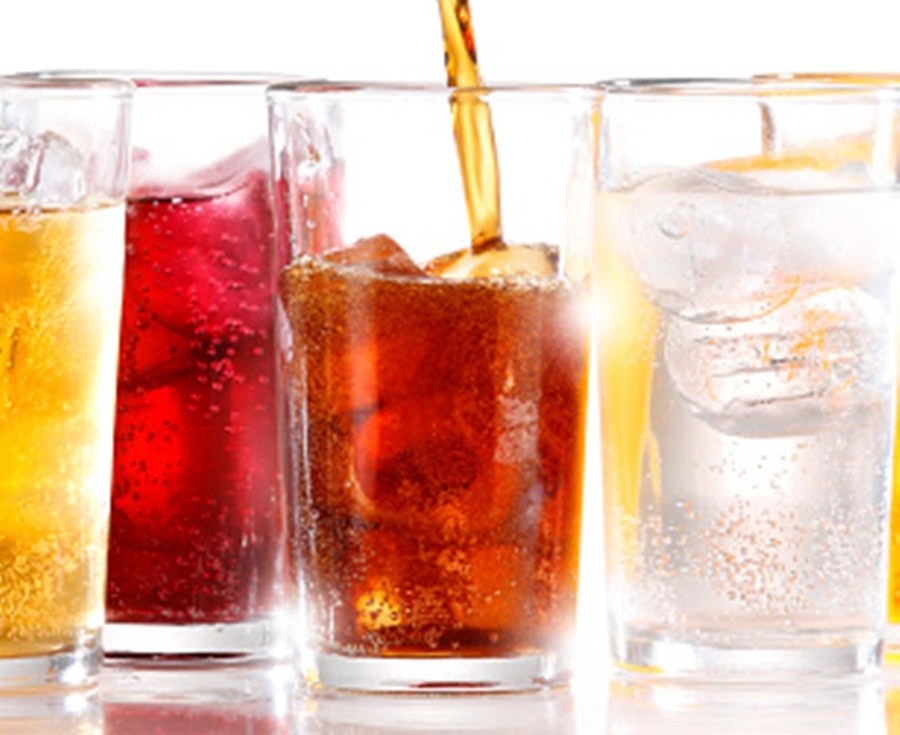The United Arab Emirates (UAE) is set to implement a paradigm shift in its policy regarding excise tax on sugar-sweetened beverages (SSBs) from January 2026, announced the Ministry of Finance and Federal Tax Authority (FTA) .The new rule will shift from a flat 50% tax rate to a tiered volumetric model, where the tax per liter is directly linked to the sugar content per 100ml of a beverage. This move aims to reduce sugar consumption, promote healthier dietary habits, and combat lifestyle-related diseases such as obesity and Type 2 diabetes.
Under the current system, introduced in 2017 and expanded in 2019, all sweetened beverages—including carbonated drinks, energy drinks, and products with added sugars or sweeteners, are subject to a uniform 50% excise tax. The new tiered system will impose higher taxes on beverages with greater sugar content, incentivizing manufacturers to reformulate their products to lower sugar levels. “The updated mechanism encourages manufacturers to reduce added sugars and empowers consumers to make more informed dietary choices,” the Ministry of Finance stated.
Health experts have praised the initiative as a significant step toward addressing public health challenges in the UAE, where the prevalence of diabetes among adults is approximately 20.7%, according to 2024 statistics from the International Diabetes Federation. This policy is commendable in the fight against obesity, metabolic syndrome, and Type 2 diabetes.”The policy aligns with the UAE’s broader health strategy and sustainable development goals, developed in coordination with the Ministry of Health and Prevention.The UAE’s innovative approach to taxing sweetened beverages based on sugar content positions the country as a leader in using fiscal policy to drive public health outcomes, with potential ripple effects across the region.














